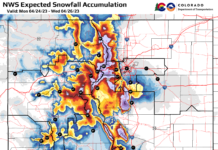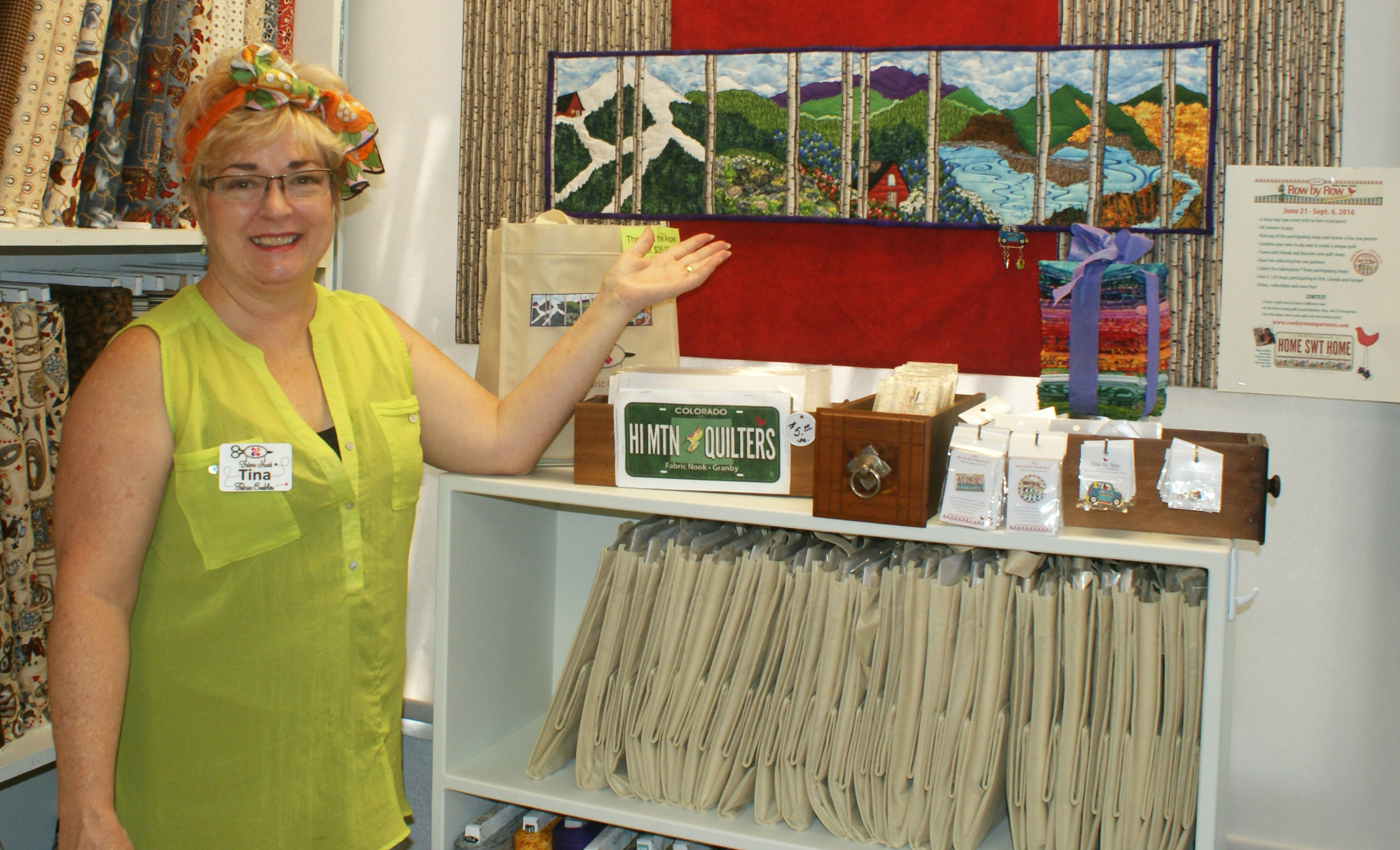by Marissa Lorenz
Local government continues to explore the issue of de-Gallagherization, with recent conversations taking place
between Commissioners and State Senator Bob Rankin, County and Town leadership teams, and with state lobbying entities.
“Gallagher” is a name heard ubiquitously across the state in recent years and refers to the State Constitution’s Gallagher Amendment of 1982. At the time it was intended to simplify the process of property assessment, exempting certain personal and professional properties from taxation and providing tax relief for rapidly increasing property taxes.
It accomplished this by setting a static ratio between residential and non-residential property tax revenues at 45% and 55% respectively. However, with Colorado’s increasing population, rising residential property values, and decreasing number
of commercial properties (due to the growth of web-based business and other factors), the long-term impacts have been a nearly 66% decline in the residential assessment rate and a marked decline in property tax revenue, monies that are used to fund schools, road and bridge, and other special districts, such as libraries, fire protection, recreation, and water and sewer.
With the current residential assessment rate at 7.5%, down from 21% in 1982, and scheduled to be re-evaluated in 2021, County officials have been discussing the issue of de-Gallagherization for the last few months. It describes an option for local government entities to “stabilize” property tax revenue by “freezing” current assessment rates and potentially asking for floating mills in order to maintain consistent levels of revenue.
County weighs property tax issues The Grand County Board of County Commissioners (BOCC) has expressed an interest in placing a measure on the November ballot and hashave hired a consulting firm to provide more information on the issue and potential consequences of either de-Gallagherizing or not.
County Manager Kate McIntire and County Attorney Chris Leahy met with Town officials last week, explaining the County’s activities. They described County objectives as three-fold: to stabilize property tax revenues by halting the steady decrease in residential property taxes caused by the Gallagher Amendment’s biennial “Rural Assessment Rate” adjustments,
to help educate the public on a complicated, -difficult- to understand- issue, and to “harmonize de-Gallagher questions on Grand County ballots to the extent possible, reducing to reduce voter confusion and ballot fatigue.”
They presented draft ballot language but emphasize that, if it does make it to the ballot, it is likely to have been through additional revisions. The currently drafted measure reads, “Without increasing total tax revenues collected, shall Grand County be authorized to adjust its mill levy annually to offset revenue reductions caused by State-imposedState imposed changes to the percentage used to determine assessed valuation, including any changes made pursuant to the 1982 Gallagher Amendment to the Colorado Constitution so that, to the extent possible (1) the revenues generated by such mill levy are the same as the tax revenues that would have been generated had such changes in the method of calculating assessed valuation not occurred, and (2) Grand County can sustain its ability to provide County services such as….”
Three area fire protection districts, Grand, East Grand, and Grand Lake, successfully de-Gallagherized in 2019, and a number of entities, including the Kremmling Fire Protection District and the Town of Kremmling, are considering their own options for the 2020 election.
During his recent Grand County visit, Senator Rankin mentioned a state-level effort to repeal the Gallagher Amendment in the fall. He acknowledged that the Colorado Counties, Inc. (CCI), the primary voice of Colorado counties to the State legislature, was opposed to that push. “I know CCI is skeptical of putting this power in the hands of the legislators. (…) I think it’s better than some constitutional formula that no one can do anything about.”
During that discussion, however, the point came up that, by freezing residential assessment rates, it could increase the burden on commercial or other non-residential property owners, whose assessment rate is already set at 29%.
Commissioners are particularly concerned with this last consequence, and it has prompted Commissioner Rich Cimino to approach CCI with additional efforts for the 2021 legislative session.
“I am seeking a new bill that allows counties and towns and special districts to lower the [so-called] Commercial Assessment Rate,” he explains. “With dDe-Gallagher, voters allow a district
to raise mills to maintain the level of revenue after the Residential Assessment Rate is reduced. But those additional mills apply to commercial property owners as well.”
If counties and towns and special districts had the power to adjust the Commercial Assessment Rate down, so that the commercial property owners would pay the same (or less) in property taxes, that would be awesome. I think if we don’t get this done, there will be lawsuits overturning all the dDe-Gallagher votes of the past.”
In the meantime, Cimino assures, “The County will do all we can with the towns, school districts, fire districts, recreation districts, and all special districts. We will try to help all Grand County citizens understand the potential of greatly reduced services if the “dDe-Gallagher” ballot questions don’t get passed. We are also working on ways to protect the owners of commercial property.”
For more information on the Gallagher Amendment, go to buildingabettercolorado.org/understanding-the-gallagher-amendment.








